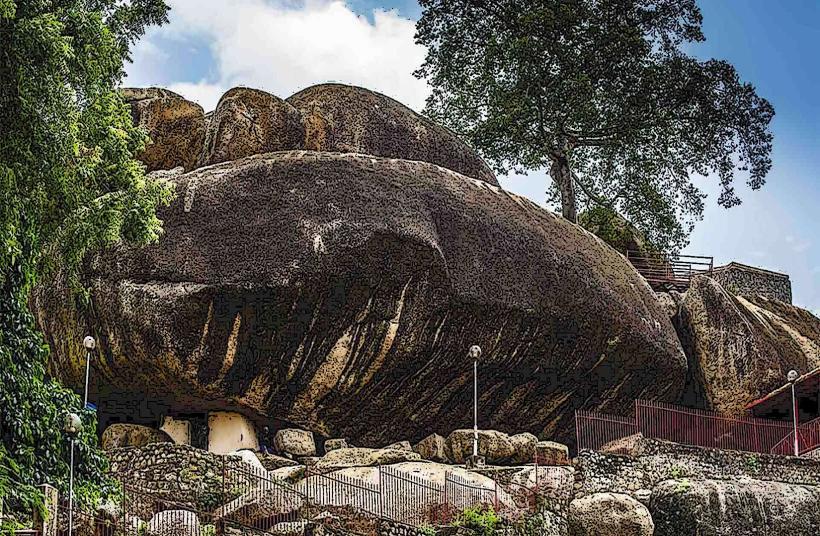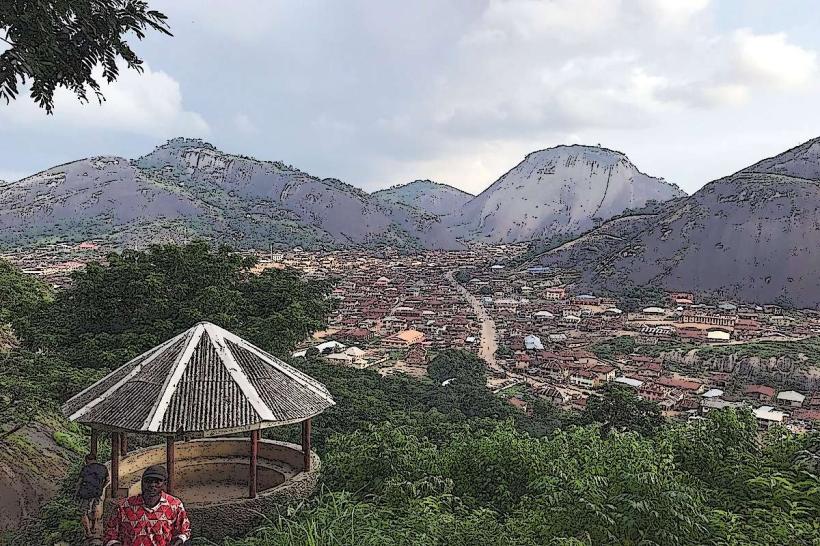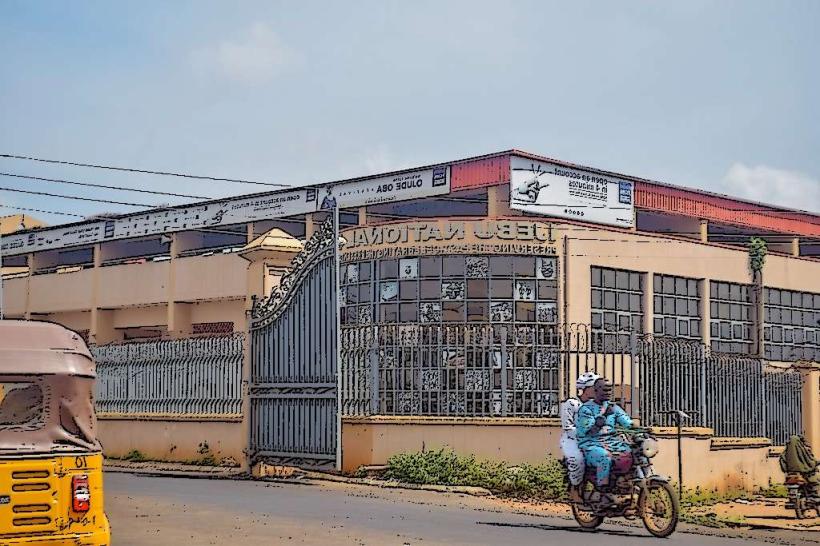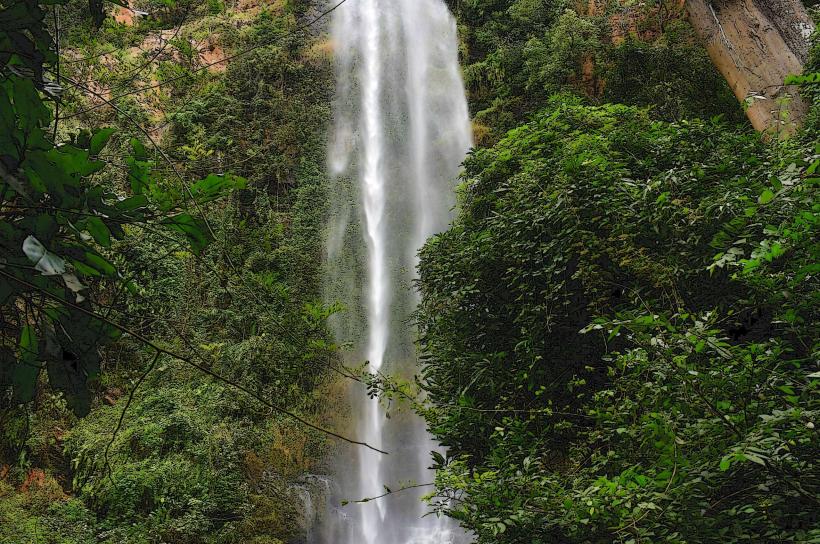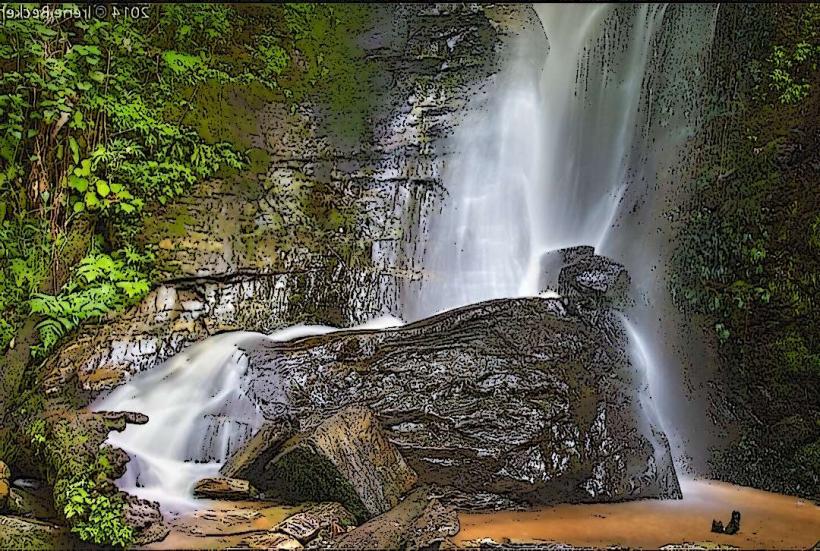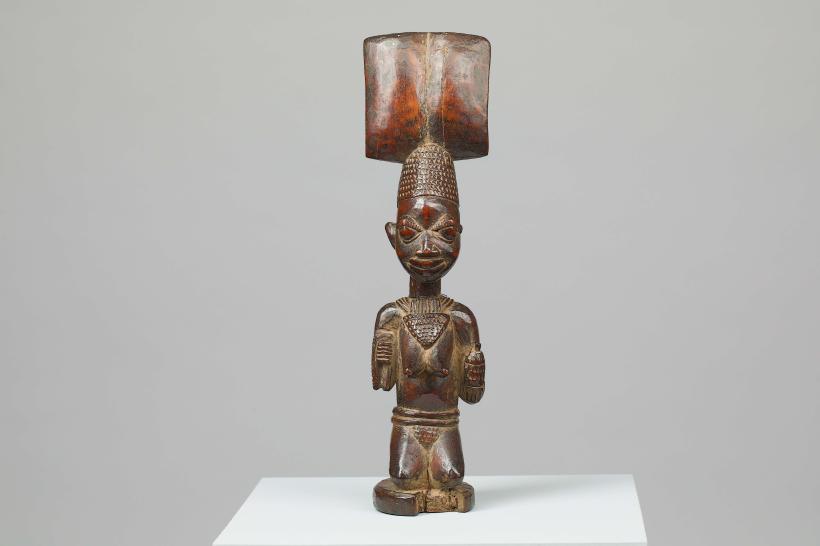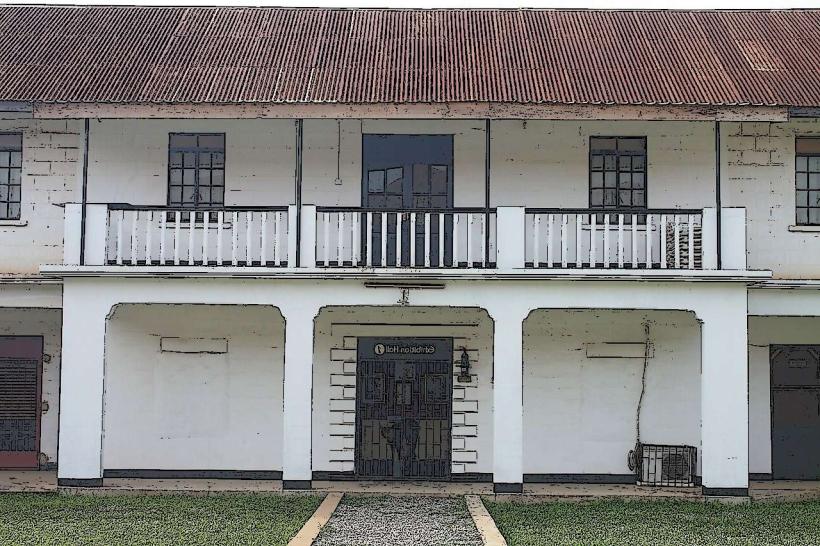Information
City: OgunCountry: Nigeria
Continent: Africa
Ogun, Nigeria, Africa
Ogun State is the primary industrial corridor of Nigeria, serving as the bridge between the Lagos ports and the rest of the country. It is located in the southwestern geopolitical zone, bordering Lagos to the south and the Republic of Benin to the west.
Historical Timeline
Ogun State was created on February 3, 1976, during the military administration of Murtala Mohammed, carved out of the old Western State. It transitioned through the colonial era as a center for Egba and Ijebu political autonomy and served as a focal point for early missionary education. The primary event shaping its current urban form was the "Industrial Master Plan" of the early 2000s, which utilized the state's proximity to Lagos to establish the Agbara and Sagamu industrial clusters.
Demographics & Population
The state population is estimated at 6,500,000 as of 2026, with the capital, Abeokuta, housing approximately 600,000 residents. The top three ethnic demographics are the Egba, Ijebu, and Remo (all sub-groups of the Yoruba). The median age is 19.4 years.
Urban Layout & Key Districts
The state is organized around several major urban nodes rather than a single center. Key districts include Abeokuta (Central), the administrative capital defined by rocky outcrops; Agbara (South), the industrial heartland bordering Lagos; and Sagamu (East), a major transit interchange. Development in Abeokuta is centered around the Olumo Rock landmark.
Top City Landmarks
Olumo Rock (Abeokuta)
Olusegun Obasanjo Presidential Library (Abeokuta)
Adire International Market (Itoku)
Centenary Hall (Ake)
Alake of Egbaland Palace
Transportation Network
Movement between cities relies on the Lagos-Ibadan Expressway and the Sagamu-Benin Expressway. Internal transit in Abeokuta and Ijebu-Ode is dominated by "Keke" (tricycles) and green-and-white painted taxis. The Lagos-Ibadan Standard Gauge Railway has major stations in Abeokuta (Prof. Wole Soyinka Station). Traffic density is extreme at the Long Bridge (Lagos-Ogun border) and the Ogere axis.
Safety & "Red Zones"
The safety level is generally moderate. Avoid the border towns of Idi-Iroko at night due to smuggling activities and frequent security checkpoints. Urban areas like Sango-Ota and Mowe-Ibafo experience high rates of petty theft in congested market areas.
Digital & Financial Infrastructure
Average internet speeds are 25–50 Mbps, with 5G available in Abeokuta and the Mowe-Ibafo corridor. Main carriers are MTN, Airtel, and Glo. Card acceptance is high in the industrial zones and Abeokuta hotels. ATMs are concentrated in the Oke-Mosan and Panseke areas of the capital.
Climate & Air Quality
Temperatures range from 22°C to 34°C. The state has a tropical rainforest climate with high humidity and a double-peak rainy season (June and September). Air quality is poor in the Agbara and Ewekoro districts due to heavy industrial manufacturing and cement production emissions.
Culture & Social Norms
Tipping is voluntary but appreciated (5–10%). The Egba "Adire" (tie-dye) textile is the standard formal attire. Respect for traditional rulers (Obas) is paramount. Alcohol is widely available, though public smoking is restricted in formal government and educational zones.
Accommodation Zones
Oke-Mosan (Abeokuta): Recommended for high security and proximity to the State Secretariat and Presidential Library.
GRA (Ijebu-Ode): Recommended for quiet residential stays and access to traditional festivals.
Local Cost Index
1 Espresso: ₦3,500 ($2.30)
1 Standard Lunch: ₦8,000 ($5.30)
1 Metro/Bus Ticket: ₦800 ($0.55) - Local taxi/Keke rate.
Nearby Day Trips
Hi-Impact Planet Amusement Park: 15 km (20 minutes from Lagos border)
Oyan River Dam: 20 km (40 minutes)
Lisabi Sacred Forest: 15 km (30 minutes)
Birikisu Sungbo Shrine: 30 km (45 minutes from Ijebu-Ode)
Facts & Legends
Olumo Rock served as a fortress for the Egba people during the inter-tribal wars of the 19th century. Local legend states that the rock provided natural protection and a vantage point that made the Egba "invincible." It is claimed that during the wars, the rock would "grow" to hide refugees, and to this day, traditional priestesses reside in the caves at the base to maintain the spiritual connection to the mountain.

